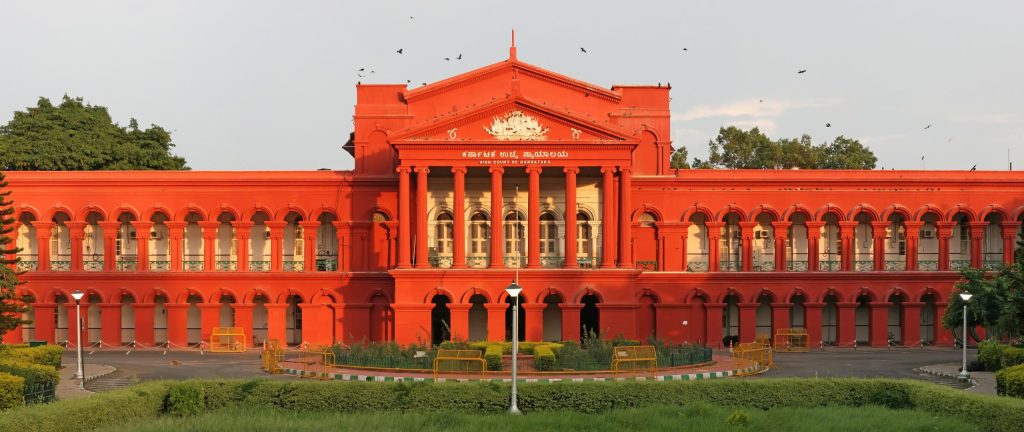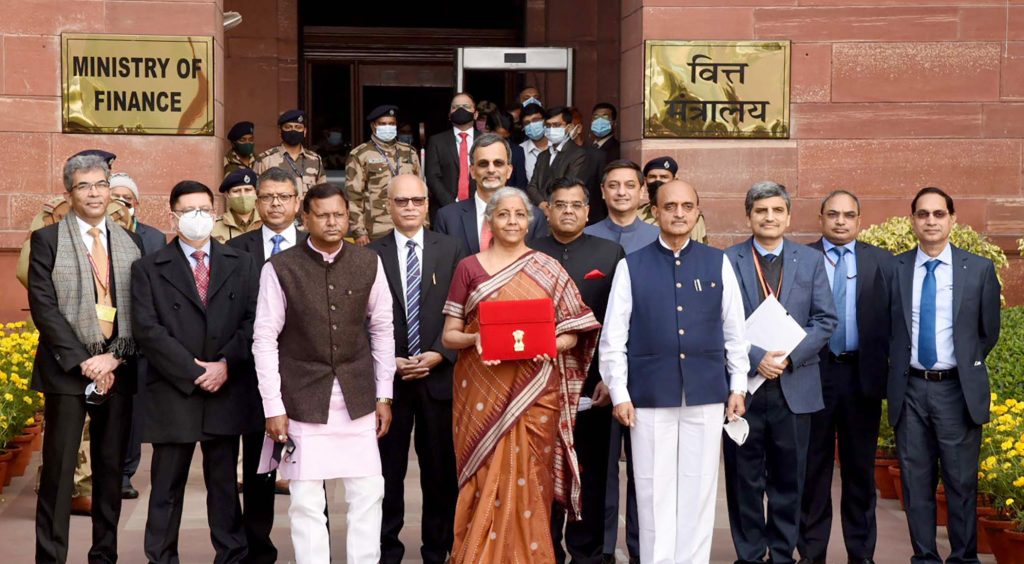Now Reading: Analysis of Registration of Marriage of Non- Resident Indian Bill, 2019
-
01
Analysis of Registration of Marriage of Non- Resident Indian Bill, 2019
Analysis of Registration of Marriage of Non- Resident Indian Bill, 2019
In many of the Indian states and regions wedding of a son or a female offspring abroad is taken to be a standing image and a means for a comfortable life and remunerative future, while not really doing any background checks. As a result, giving rise to the phenomenon of “holiday brides” or “honeymoon brides” and cases where the husbands have no intention of taking their Indian bride to the country they live in. A large range of victims of such marriages are from Punjab, Gujarat and Kerala.
The problem is manifold and it incorporates problems like dowry and alternative forms of harassment of married ladies in foreign countries. The case is worsened by the lack of support network of friends and family and financial constraints that leaves the deserted wife utterly helpless and stranded.
With an increasing range of cases of dishonourable marriages getting reported, and to prevent Indian women against such harassment, a bill titled the Registration of marriage of Non-Resident Indian Bill, 2019 was introduced in Rajya Sabha on 11-02-2019, by external affairs minister Sushma Swaraj, making it compulsory to register such marriages within 30 days.
Registration of the wedding in India permits the affected person to seek justice underneath Indian laws. The legislation entails amending the Passports Act of 1967 to permit the cancellation of the citizenship and travel document of the NRI married to an Indian citizen or another NRI if the wedding isn’t registered within 30 days.
The Bill proposes to provide larger protection to Indian ladies married to NRIs and serve as a deterrent to NRIs against harassment of their spouses. Hence providing the much-needed relief to women.
The Bill defines a Non-Resident Indian as an Indian citizen who resides out of India. However, it doesn’t specify the number of days that an individual should stay outside India to be selected as an NRI.
Highlights of the Bill
- Every NRI who marries a citizen of India or another NRI shall register his wedding within thirty days. just in case an NRI fails to register the marriage within 30 days, the passport authority might impound his passport.
- The Bill doesn’t enable a late registration beyond the 30-day period. Non-registration might end in the seizure of passport which can have consequences like deportation.
- The Bill adds a provision to the Code of Criminal Procedure (CrPC), 1973. If summons couldn’t be served to an individual, it’s going to be served by uploading it on a delegated web site. This is able to function proof of the summons being served against the person. If the person summoned doesn’t appear before the court, the court might pronounce him a proclaimed offer, and upload a declaration to that effect on the website.
- This bill was introduced with the hope of proscribing NRI husbands from using marriage as a tool of exploitation and creating cash by providing higher social control of rights for the deserted woman.
- The implementation of this bill would offer abundantly required relief to all Indian women married to NRIs worldwide. The Bill would provide great protection to Indian citizens married to NRIs and serve as a deterrent to NRIs against harassment of their spouses.









